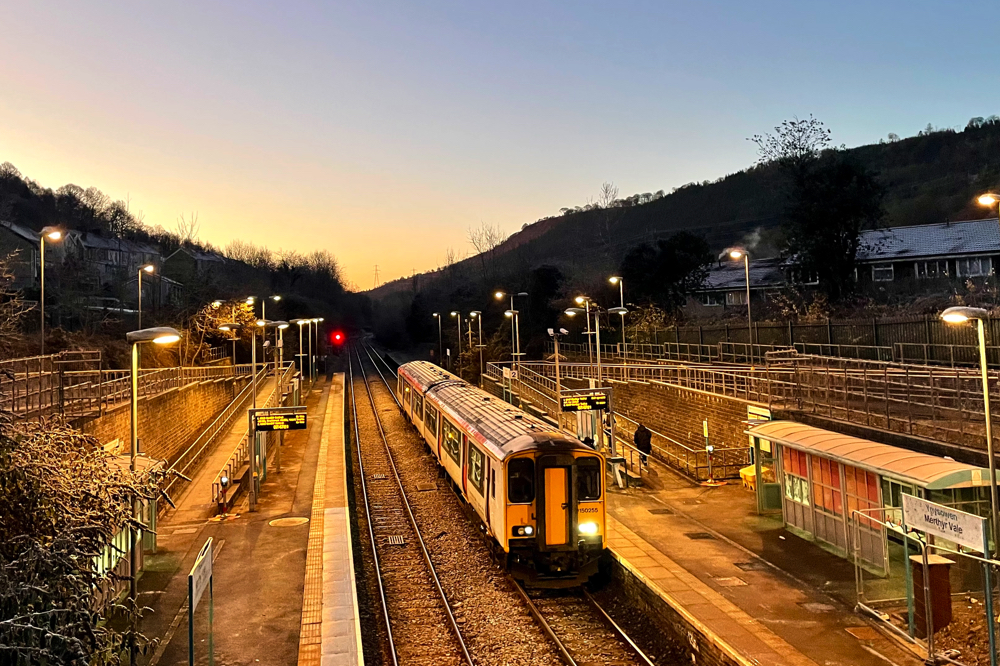Rail service changes may make travel more inaccessible, equalities body warns

Concerns have been raised by the country’s equalities commission over changes to rail services that could impact on disabled and vulnerable travellers.
The Equality and Human Rights Commission (EHRC) has responded to a letter signed by dozens of MPs and peers highlighting the impact on some passengers of ticket office closures and the expansion of driver-only operation (DOO) services.
The commission said: “We know that, for many people, public transport provides an essential and sometimes the only means of getting to school or work.
“It is a critical gateway to opportunity and an important component of the Government’s own levelling up strategies.
“We therefore share your concerns that changes to how some rail services operate are making rail travel more inaccessible.
“We have received a number of reports about changes in staffing arrangements at stations and on trains, and allegations that operators are unable to provide reasonable adjustments for disabled travellers, as required by the Equality Act 2010.
“This includes rail services that are under contractual obligation via a National Rail contract with the Secretary of State for Transport.”
Equality implications
Mick Lynch, general secretary of the Rail, Maritime and Transport (RMT) union, said: “We welcome the comments from the EHRC and they reflect the equalities issues raised by RMT since the prospect of ticket office closures and DOO was raised.
“Accessibility is a key component of railways and vulnerable groups such as the disabled must be at the forefront of ministers’ minds when making changes to the network.
“RMT is committed to campaigning for disabled passengers and ensuring good terms and conditions for its members.”
The commission added it has “various regulatory tools” to use in response to concerns.
“In this case, we have written to senior officials at the Department for Transport and to the chief executive of the Office of Rail and Road to remind them of their responsibilities under the public sector equality duty.
“This includes thinking about the equality implications of decisions, monitoring impact and taking action to ensure that rail services are accessible for everyone.
“We will not hesitate to use our other regulatory tools, such as our enforcement powers, where necessary.”
Support our Nation today
For the price of a cup of coffee a month you can help us create an independent, not-for-profit, national news service for the people of Wales, by the people of Wales.





